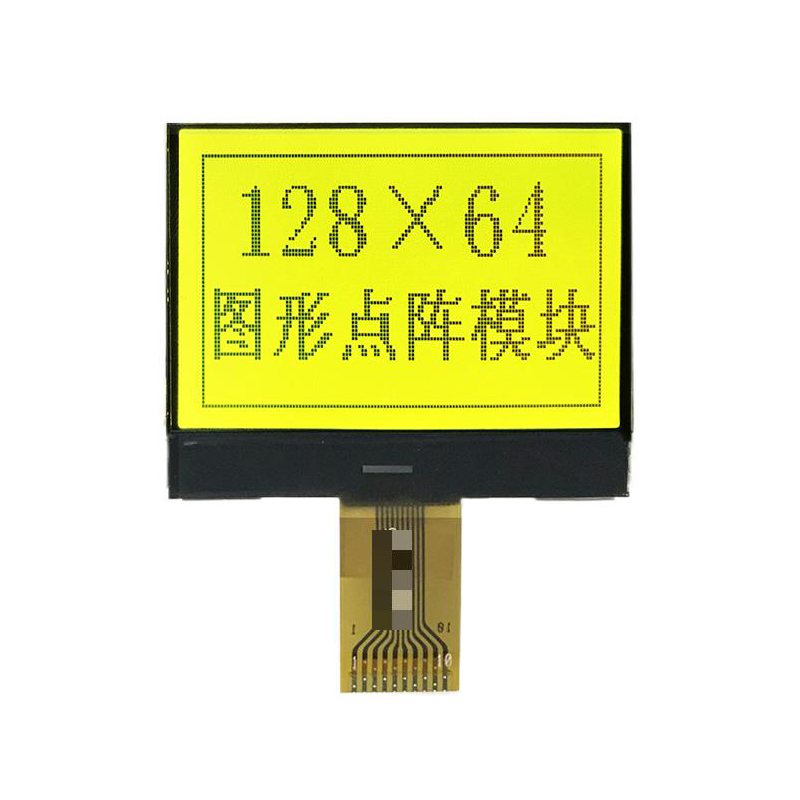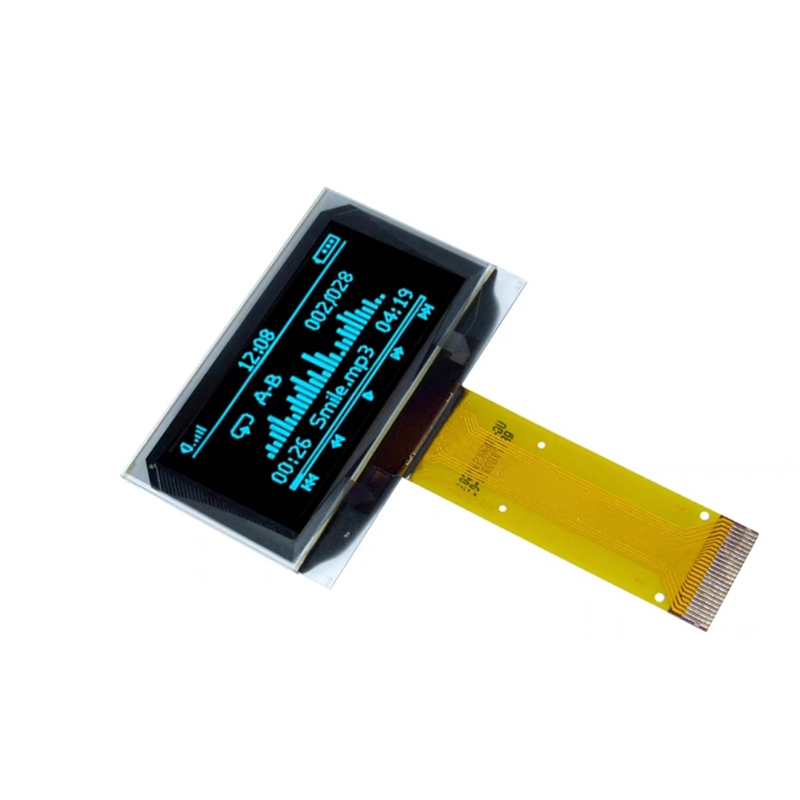
This comprehensive guide explains everything you need to know about USB to SPI interfaces, covering their functionality, applications, selection criteria, and troubleshooting tips. We'll explore various aspects, from the fundamental principles to practical implementation examples, ensuring you gain a thorough understanding of this crucial technology.
A USB to SPI interface is a crucial piece of hardware that bridges the gap between the ubiquitous Universal Serial Bus (USB) and the Serial Peripheral Interface (SPI) bus. USB is a high-level, versatile communication standard used for connecting peripherals to computers and other devices. SPI, on the other hand, is a simpler, synchronous serial communication protocol commonly used for communication with microcontrollers, sensors, and other embedded systems. The USB to SPI interface acts as a translator, allowing USB-equipped devices to communicate seamlessly with SPI-based peripherals.
The primary reason for using a USB to SPI interface is to connect SPI devices to a computer or other USB-enabled host. This eliminates the need for dedicated SPI-to-USB controllers within the SPI device itself, simplifying the design and reducing the cost. It also offers the advantage of using a standard and readily available USB connection, making it easier to integrate into various systems.
Several types of USB to SPI interfaces exist, each with its own set of features and capabilities. These can range from simple, low-cost converters to more sophisticated solutions with additional features such as:
These are standalone devices, often small circuit boards, that directly convert USB signals to SPI signals and vice versa. They usually require a separate power supply. Many offer selectable clock speeds and support different SPI modes.
Some microcontrollers can be programmed to act as a USB to SPI interface. This requires programming expertise and might not offer the same level of performance as dedicated hardware solutions. This approach allows for greater customization but necessitates more development effort.
Choosing the appropriate USB to SPI interface depends on your specific needs. Consider the following factors:
Common problems with USB to SPI interfaces often involve driver issues, incorrect wiring, or incompatible hardware. Consult the interface's documentation for troubleshooting guides and error codes. Proper grounding and appropriate signal levels are critical for reliable operation.
USB to SPI interfaces find applications in a wide range of contexts, including:
| Interface | Data Rate (Mbps) | SPI Modes | Price (USD) |
|---|---|---|---|
| Interface A | 10 | 0, 1, 2, 3 | $15 |
| Interface B | 20 | 0, 1 | $25 |
Note: This is a sample table. Actual specifications and pricing will vary depending on the manufacturer and model.
For more information on high-quality LCD displays and related components, visit Dalian Eastern Display Co., Ltd.












